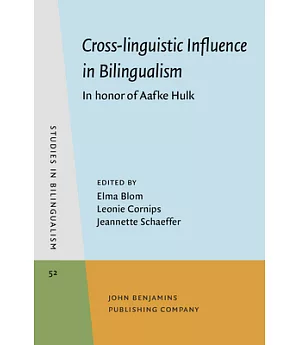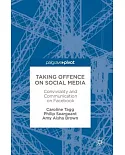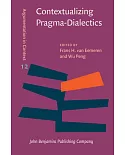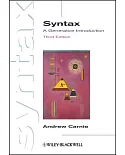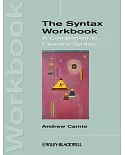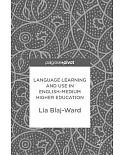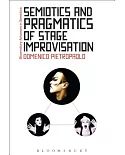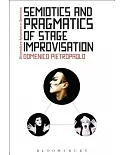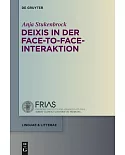This book presents a current state-of-affairs regarding the study of cross-linguistic influence in bilingualism. Taking Hulk and Müller’s (2000) and Müller and Hulk’s (2001) hypotheses on
cross-linguistic influence as a starting point, the book exemplifies the shift from the original focus on syntax proper to interfaces and discourse phenomena in the study of bilingualism. It
also reflects the enormous increase in different language combinations (including dialects) being investigated, and the use of new methodologies. Moreover, the volume illustrates the growing
interdisciplinarity of cross-linguistic influence research, considering extra-linguistic cognitive and social factors besides linguistics. It demonstrates that the time is ripe for a more
integrated approach from different disciplines such as theoretical linguistics, psycholinguistics and sociolinguistics to obtain a better understanding of bilingual child acquisition. As such,
it is of interest to (psycho/socio)linguists, psychologists and education specialists who study or want to learn about (child) bilingualism.

